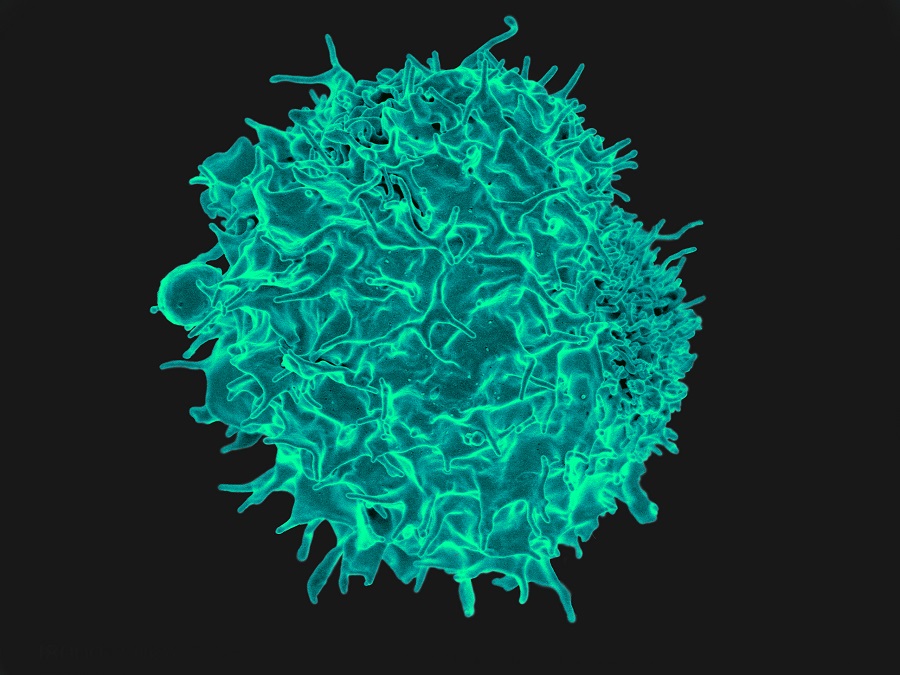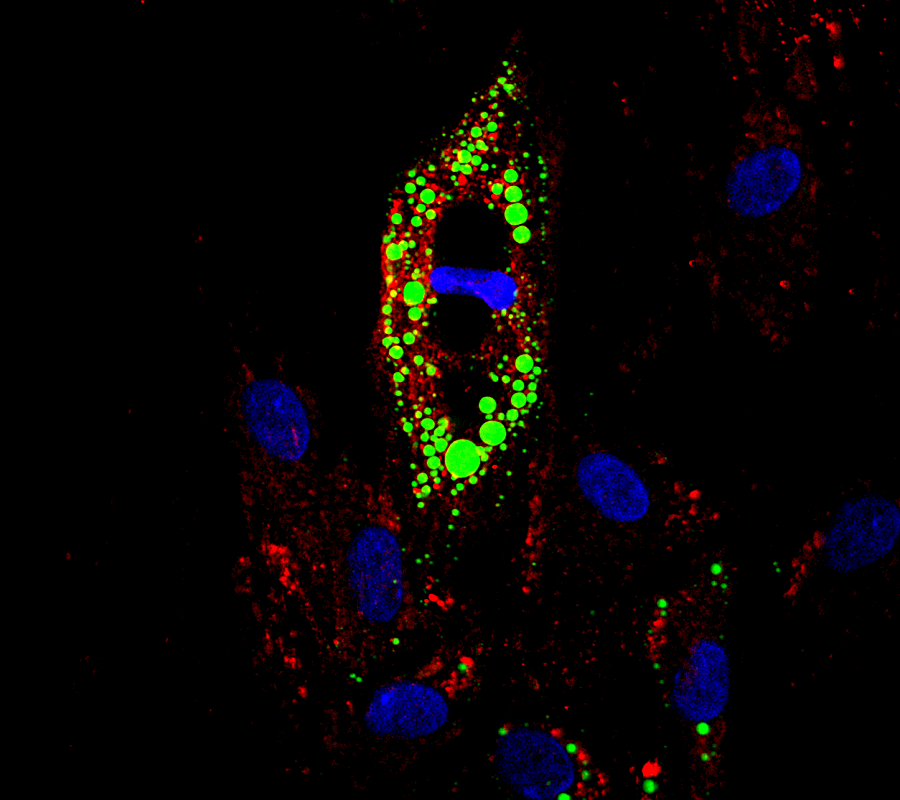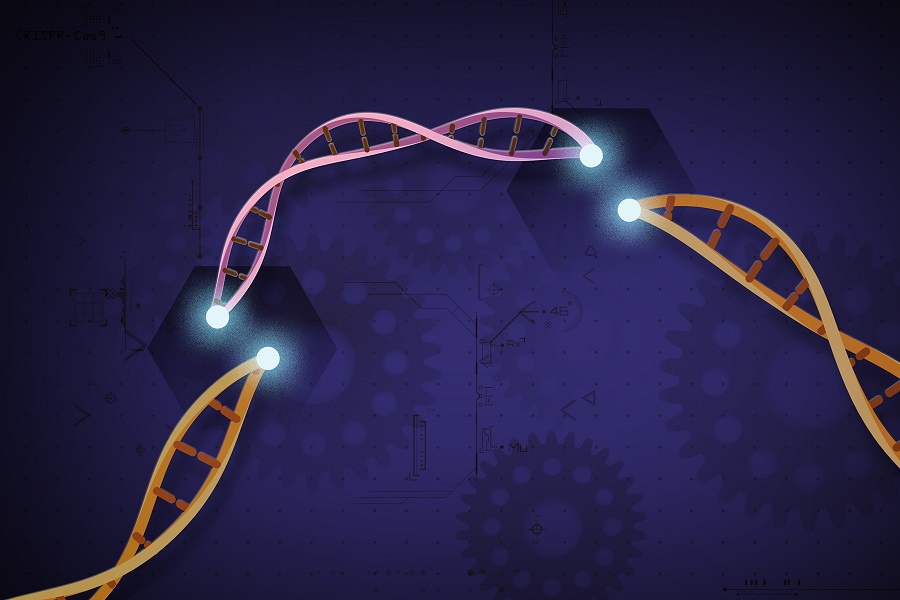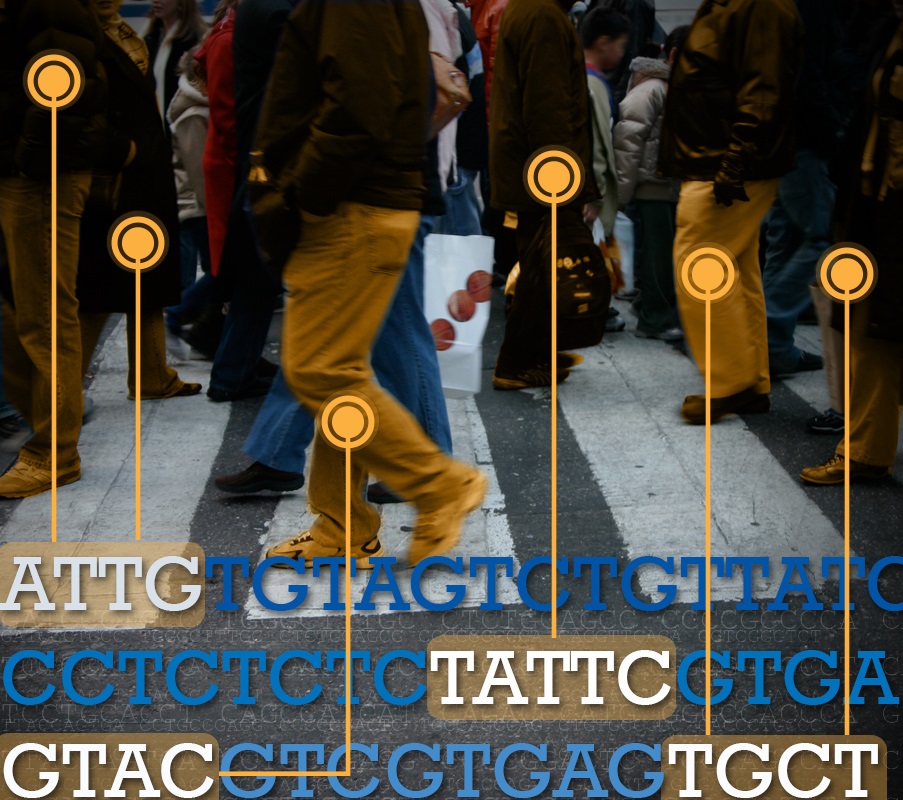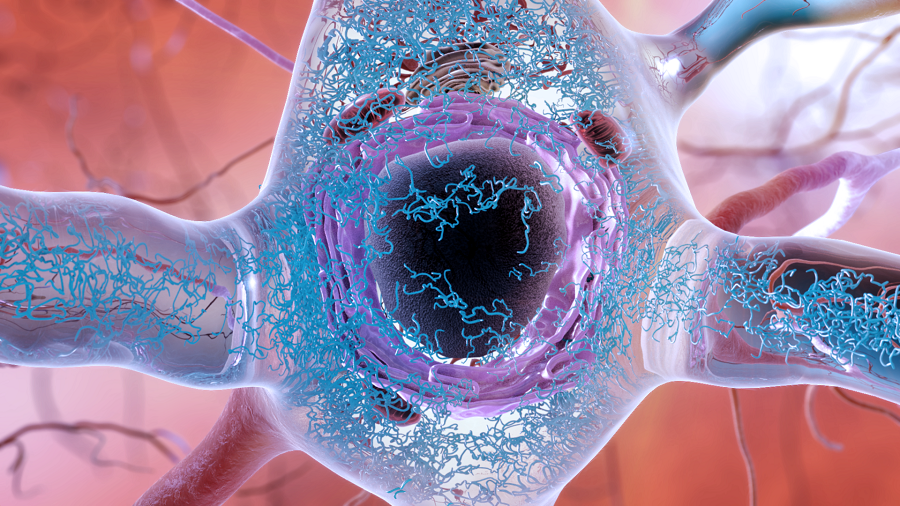From the labs to commercialization: Companies merge to implement Baylor College of Medicine-developed therapies for cancer
Despite major advances in cancer therapy, conventional cancer treatments continue to be associated with devastating side effects for patients and are not always curative. In
Read More
